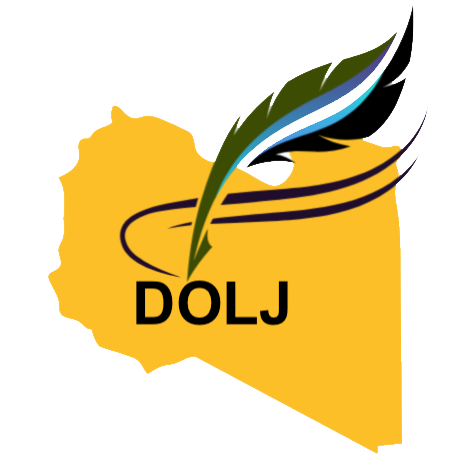Private and Public Libraries in Islamic Africa
DOI:
https://doi.org/10.54172/51c1v138Keywords:
Public libraries, private libraries, Islamic Africa, knowledge dissemination, educationAbstract
This research discusses the role of public and private libraries in Islamic Africa. Initially, Islamic interests in Africa focused on establishing the Islamic state and consolidating its foundations. However, later on, attention shifted towards intellectual and educational aspects. The rulers established libraries affiliated with mosques, and the House of Wisdom was founded as the first public library in Africa. Additionally, scholars established private libraries in their homes to disseminate knowledge and make it accessible to everyone. Libraries serve as important centers for disseminating knowledge, preserving intellectual heritage, and providing opportunities for reading and accessing various fields of knowledge. They reflect the history, civilization, and cultural level of the society. The research explores the factors contributing to the intellectual development in Africa, the role of the House of Wisdom, libraries affiliated with mosques and religious institutions, as well as the private libraries established by scholars. This study aims to explore and document the significance of these libraries in disseminating knowledge and education in Islamic Africa.
Downloads
Published
Issue
Section
License

This work is licensed under a Creative Commons Attribution-NonCommercial 4.0 International License.
Copyright of the articles Published by Almukhtar Journal of Social Science (MJSSc) is retained by the author(s), who grant MJSc a license to publish the article. Authors also grant any third party the right to use the article freely as long as its integrity is maintained and its original authors and cite MJSSc as the original publisher. Also, they accept the article remains published by the MJSSc website (except in the occasion of a retraction of the article).













